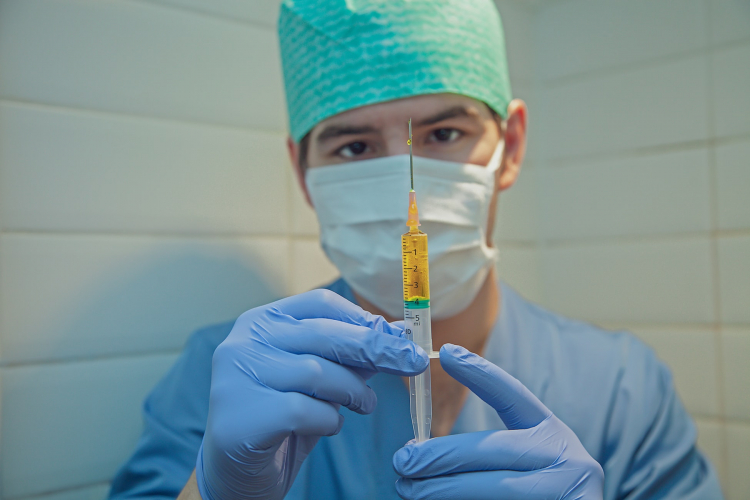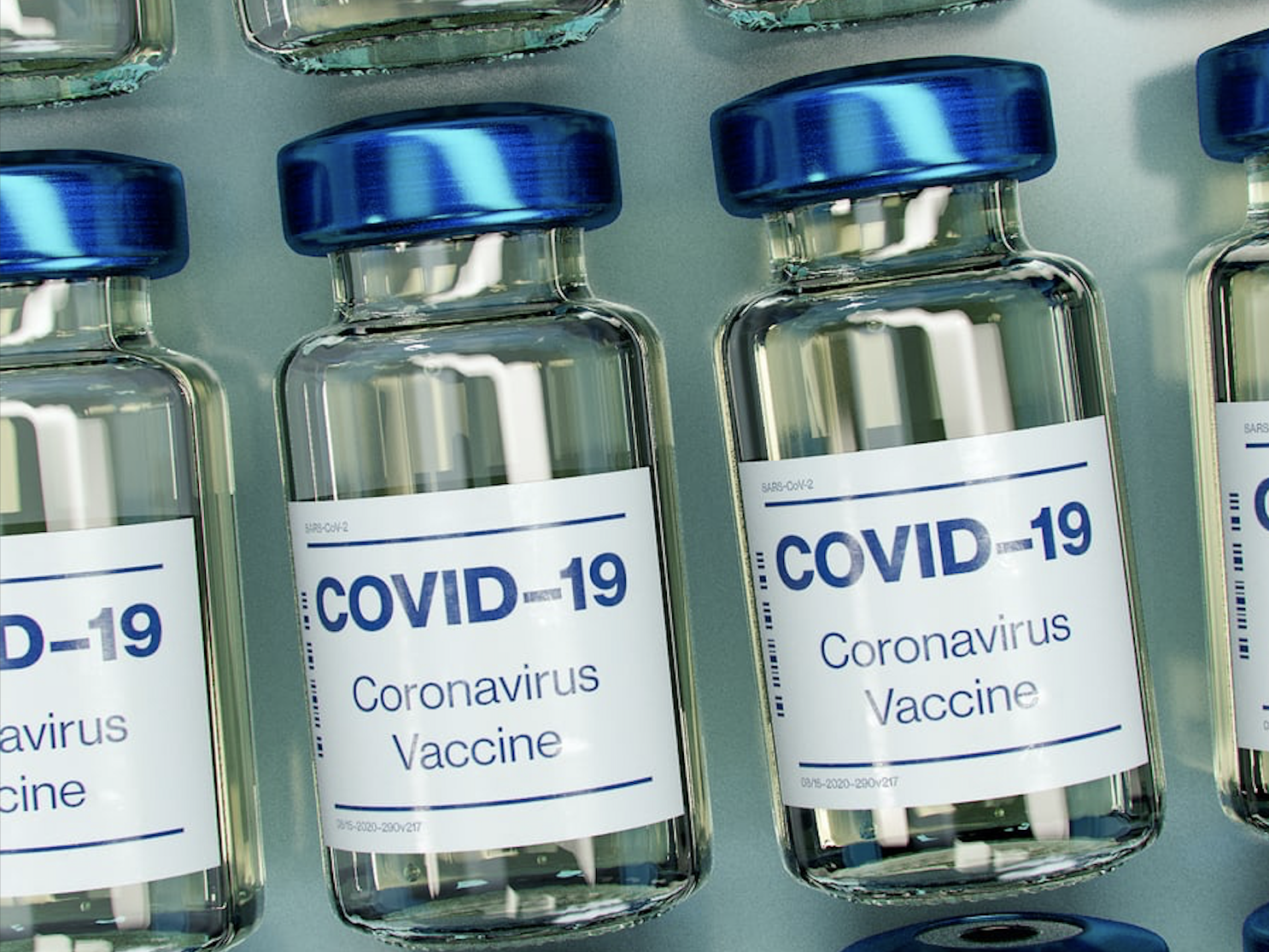COVID-19 Vaccines Make Headway

As the number of confirmed COVID-19 cases around the world nears 78 million, Pfizer and BioNTech have begun distribution of their recently-developed vaccine in the United Kingdom, Canada and the United States, following authorization through official channels. It will first be given to the elderly as they are most at risk.
Margaret Keenan was the first woman in the United Kingdom to receive the Pfizer/BioNTech vaccine. She is soon turning 91 and said that the vaccine was "the best early birthday present." Health Secretary Matt Hanock said of the first vaccination, "today marks the start of the fightback against our common enemy, the coronavirus." There will be 800,000 doses of the Pfizer/BioNTech vaccine distributed in the United Kingdom over the course of the upcoming weeks, and it is expected that four million more will be available by the end of December.
CNN conducted an interview with another early recipient of the vaccine, Martin Kenyon, 91, as he left Guy's Hospital in London. When asked why he got it, he said, "well, there is no point in dying now when I've lived this long, is there?" Kenyon is one of the many people to whom the news of the COVID-19 has brought optimism for the future.
Image Credit: Unsplash/Daniel SchludiIn the United States, an intensive care unit nurse at Long Island Jewish Medical Center named Sandra Lindsay was one of the first health care workers to receive the vaccine, saying, "I feel like healing is coming." Lindsay said that it did not feel any different than taking any other vaccine. She also commented, "I hope this marks the beginning of the end of a very painful time in our history. I want to instill public confidence that the vaccine is safe." There are 150 hospitals around the United States that have received high amounts of doses of the COVID-19 vaccine.
The journey to this point was not short or easy. In many cases, it takes years for a vaccine to be approved as safe and allowed on the market. There is an intensive process between the primary research and the vaccine being made available to the general public. The New York Times has explained the different phases of the vaccine process. The first step is preclinical testing, in which scientists test a new vaccine on new cells and then animals. It is confirmed that there are currently at least 85 preclinical vaccines in development for COVID-19.
The second phase is safety trials. Scientists give the vaccine to a study group of a few people, and later to a few hundred people in the expanded trials of phase three. The next phase is efficacy trials, in which thousands of people are involved and participants are given either the actual vaccine or a placebo. Trials are crucial in determining the safety of a vaccine.
The Food and Drug Administration (FDA) announced in June that they wanted vaccines to be effective for 50 percent of those who received them. The last step in creating a vaccine is to be approved by regulators in each country, who review the trials and results and determine if the vaccine can be distributed or not. In emergency situations, the vaccine can be used without formal approval. However early approval can pose risks, which is a problem China and Russia are both facing.
Image Credit: Creative Commons/desdaughterThe Washington Post writes that China and Russia have found a vaccine but that there is skepticism amongst the public on its safety. However, infectious disease physician Naor Bar-Zeev says, "the idea that the Russians and Chinese are just not as good at this as we are is just vaccine nationalism. There's no reason to think these vaccines won't work, but we have not seen phase three." Professor of pharmacoepidemiology Stephen Evans echoed this, saying, "some skepticism about Russian and Chinese vaccines may be warranted, but to automatically dismiss these vaccines as ineffective or unsafe would be a mistake."
In China, 97 percent of respondents to a Politico survey said they would take a vaccine, while in Russia, nearly half said they would not. These numbers fall above and below the world average, which indicates that 74 percent of people would take a vaccine if given the opportunity.
Thankfully, the Pfizer/BioNTech vaccine, which has made up a large portion of the total doses administered globally, is estimated to be about 95 percent effective. Another promising vaccine in development comes from a Boston-based company called Moderna, which was given $1 billion by the United States government to aid in their vaccine efforts. On November 30, 2020, Moderna released a statement in which they said that they were applying to the FDA for an emergency authorization to use their vaccine. It was approved on December 18 and began being distributed on December 21. There are many other biotech companies that have been working on the vaccine, and a complete list can be found in The New York Times article Coronavirus Vaccine Tracker.
The distribution of vaccines has created hope amongst the general public, despite some skepticism about safety. Biotech companies around the world are dedicating their time, money and resources to generate as many doses as possible and relieve the burden of this pandemic. Hopefully, their efforts in conjunction with those of international governments will be enough to start healing the world from this devastating disease.









